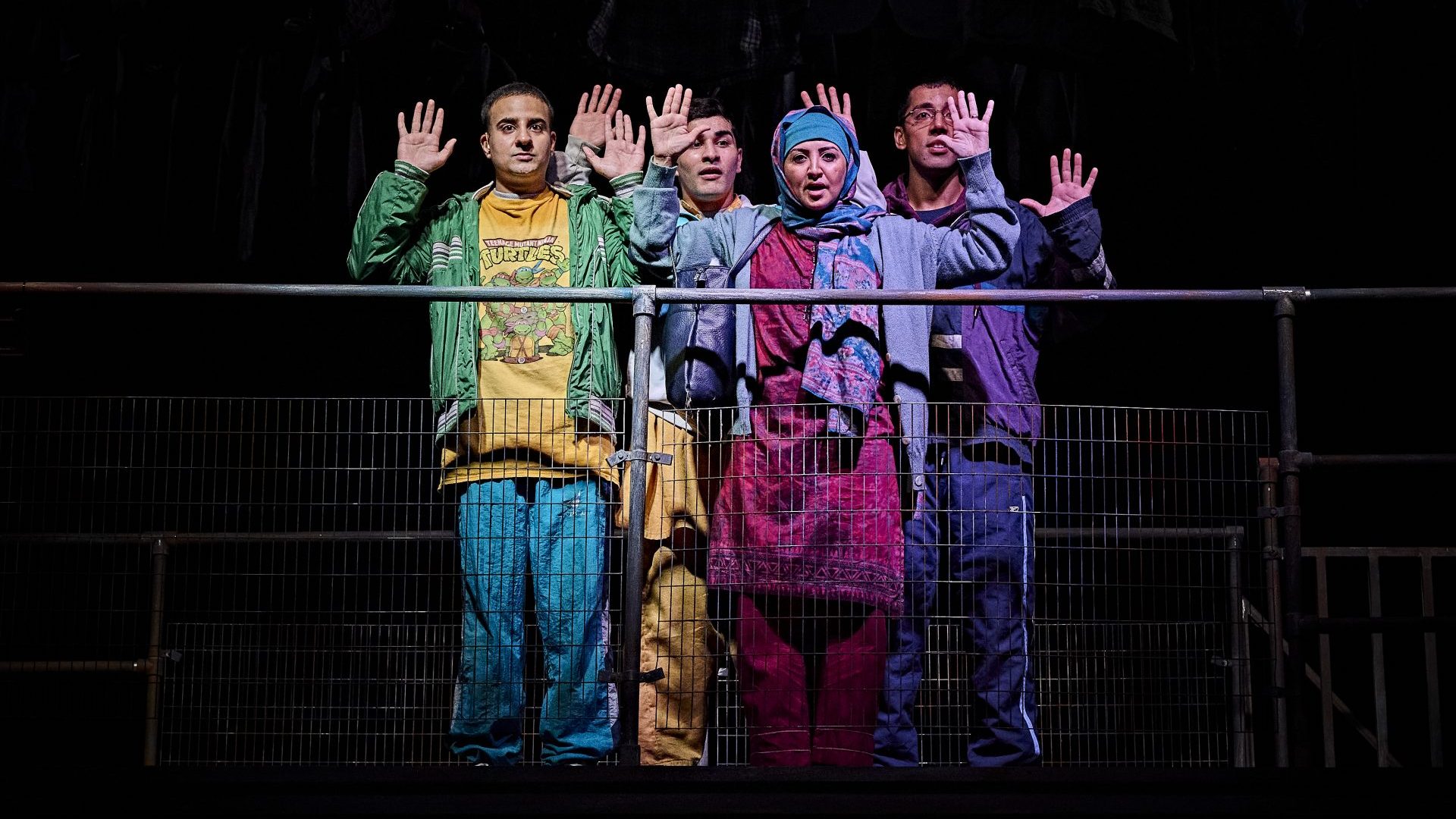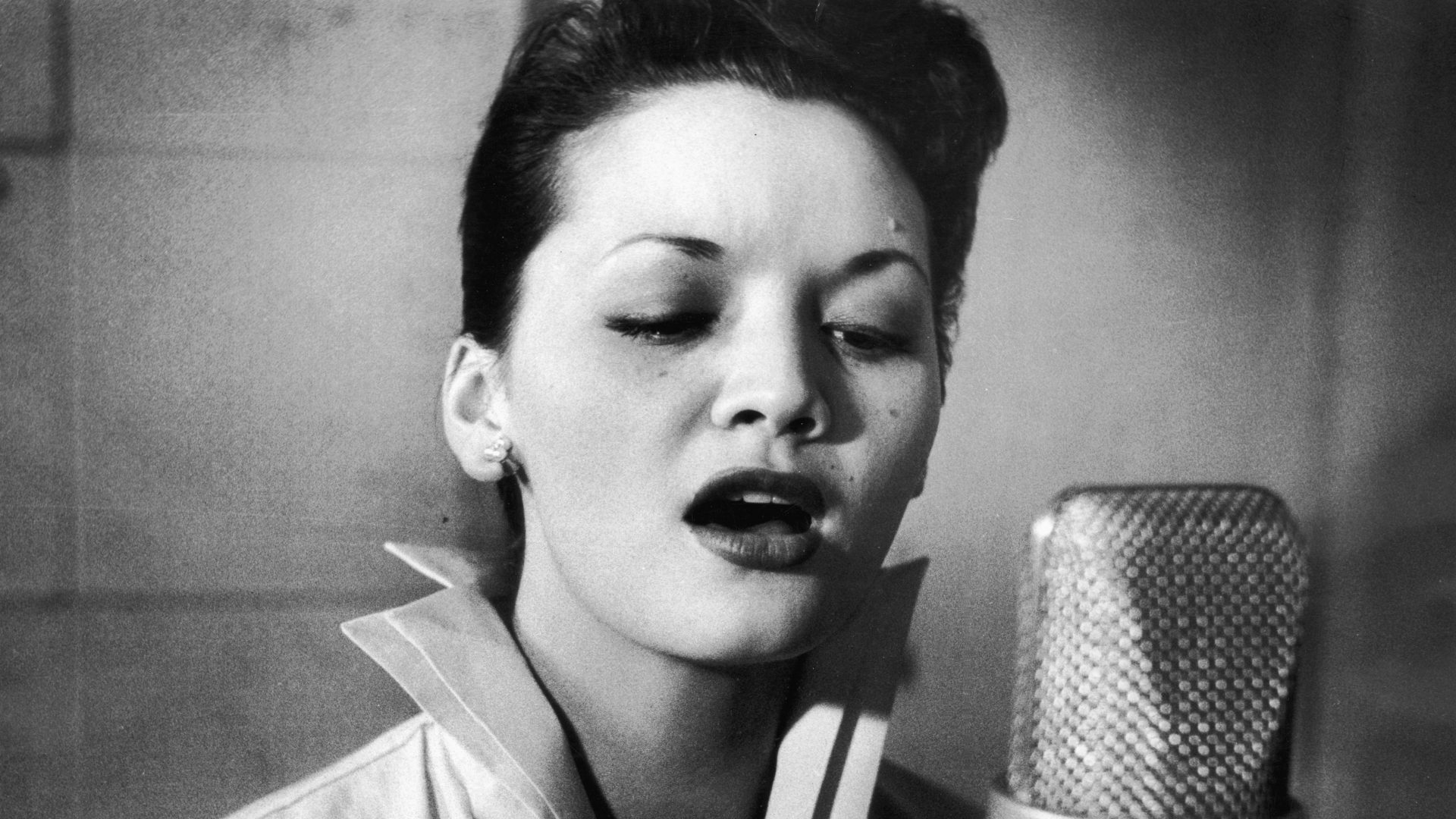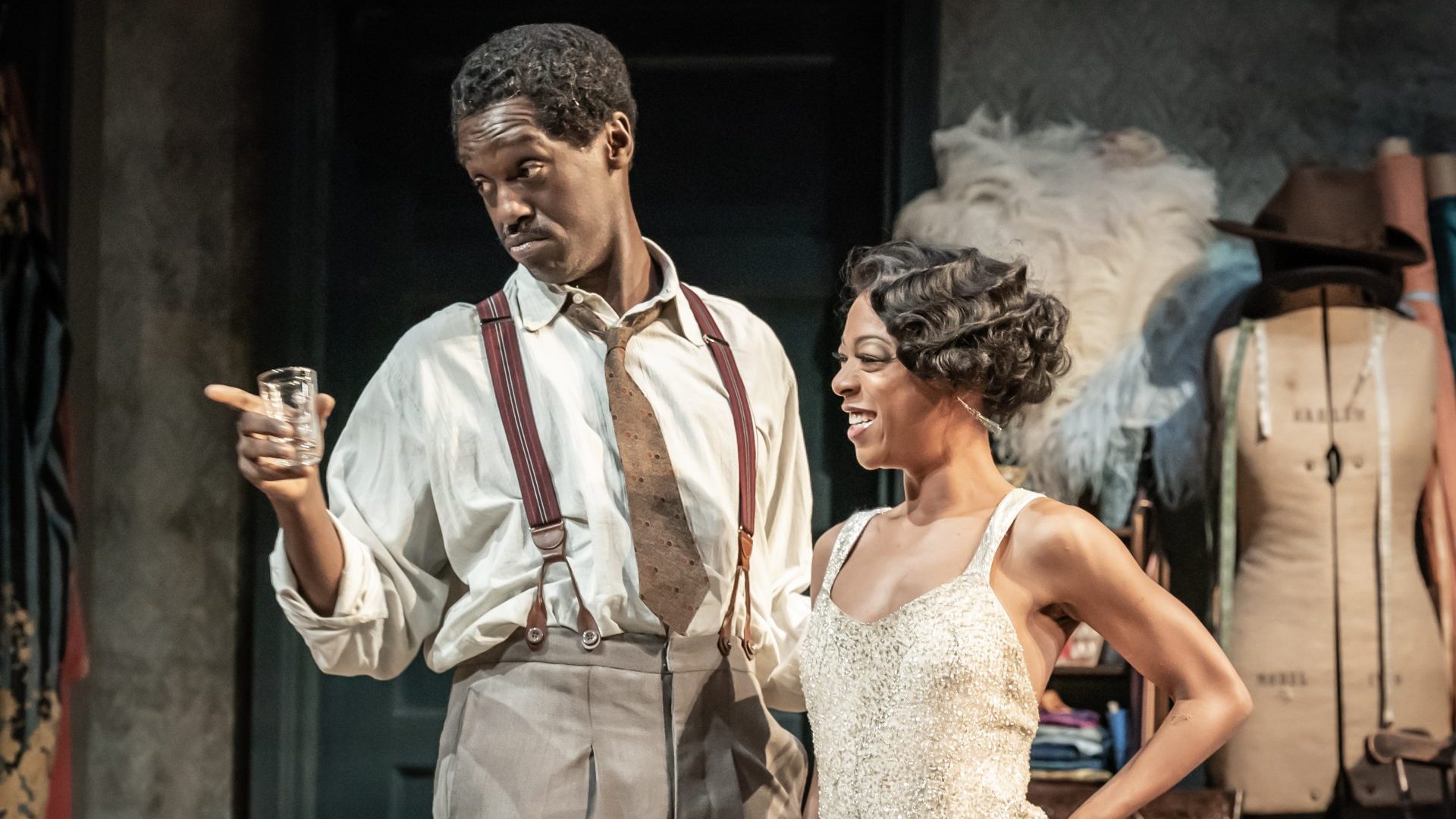The Boy With Two Hearts
National Theatre, London, until November 12
Suella Braverman may have admitted it was her warped “dream” to see a flight full of asylum seekers taking off from British soil, but I doubt it is
shared by a great many of her fellow countrymen and women.
Maybe it would assist the home secretary to rejoin the human race by going to see The Boy With Two Hearts, Phil Porter’s stage adaptation of Hamed and Hessam Amiri’s book that recounts how, with their parents and late brother, Hussein, they made it to Britain after fleeing their native Afghanistan.
This is a country that weighs heavily on the consciences of decent folk: the
West gave its people – especially its women and its younger generation – a
vision of freedom that, just over a year ago, Joe Biden clumsily snatched away from them when he handed the country back to the murderous Taliban.
In 2000, a year before the American-led offensive in Afghanistan began as
George W Bush’s response to 9/11, the Amiris’ lives were already in turmoil.
Their mother, Fariba (Houda Echouafni) had made a speech to a large crowd demanding the Taliban give women equal rights. The Taliban responded by pronouncing the death sentence on her and the family had to flee the country.
All human life is precious, but it obviously helped readers of the book – and now theatre-goers – to identify with the characters when they happen to be an educated middle-class family who support Manchester United and watch Knight Rider.
Echouafni gives a spirited performance as the mother, Dana Haqjoo invests the father with a weary fortitude and Farshid Rokey and Shamail Ali are compelling as, respectively, Hamed and Hessam. The pivotal role of Hussein – the character of the title with a fatal heart condition – is played with enormous sensitivity by Ahmad Sakhi.
This is the second play I’ve seen about Afghanistan in recent months – Waleed Akhtar’s Kabul Goes Pop at Brixton House focused on the tragic
impact of the American withdrawal on the presenters of a youth music show – and this one once again had a large swathe of its audience in tears.
Mystifyingly, the director Amit Sharma opts to tell the story in a format more suited to children’s television – the words of the script jauntily illuminated against Hayley Grindle’s Play School-style set – but the words are so powerful it still works. It ends with photographs of the real-life family at their happiest, when they were together.




